Like the Americans, the Dutch don't really have a very exciting cuisine. When we go out to a restaurant, we'll end up eating Chinese (Indonesian), Indian, Italian, American (McDonalds etc.) and the like. I can't think of very specifically Dutch recipes or meals.
However, a reader here reminded me: our pancakes do have a different style from UK, American and (probably) German pancakes. I think there's probably a band of pancake eaters throughout northern Europe, but each locale probably has their own style. The Dutch pancakes certainly do.
Pancakes are a popular enough food that we have special pancake restaurants, great for outings with kids. However, you'll see groups of all adults in such restaurants, or on them: they're often on a ship. Not that they will usually move about. However, the picture here was provided by a pancake tour boat. Can you get more Dutch than that? A tour boat, where the main food is pancakes? And no, I don't think they mainly cater to tourists. It's probably something for parties and receptions as well.
Dutch pancake recipes are a bit like pizza in that all kinds of ingredients get mixed into the dough. A standard pancake is eaten with syrop, however fine sugar or simply butter is also an option. My favorite pancake is a cheese pancake, but other popular options include bacon and raisins. At home the cheese will be melted ONTO the half finished pancake, while in restaurants they'll usually put grated cheese in the dough. Either way they're delicious. In the Dutch supermarket you'll find pre-made pancakes in various varieties, including a whole grain one (and no, you won't taste the difference).


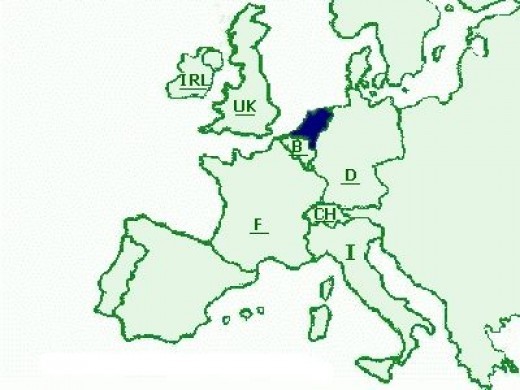
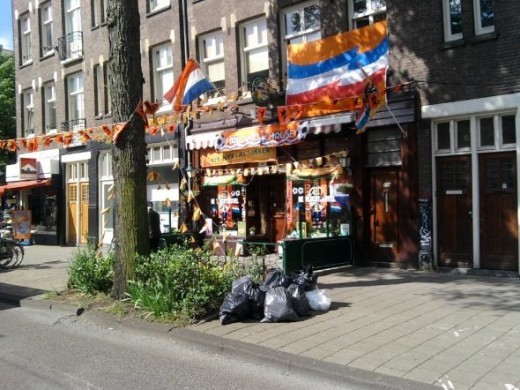
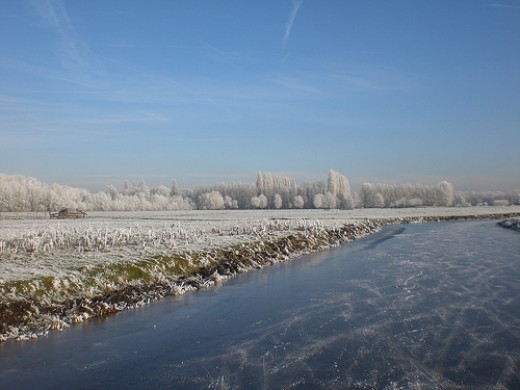


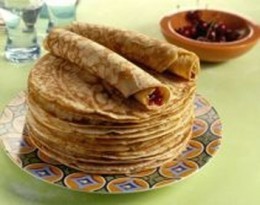

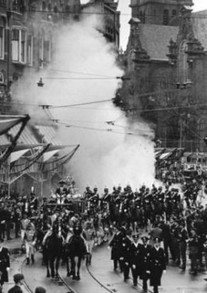
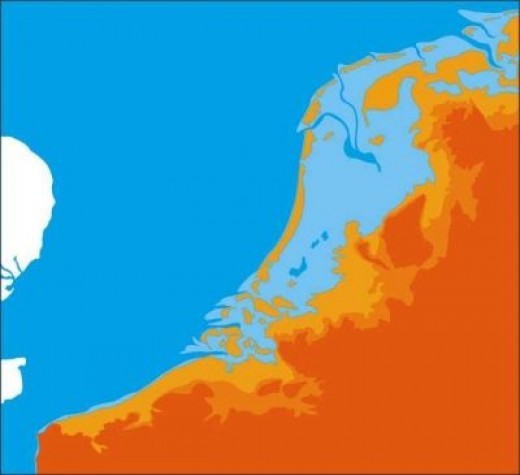



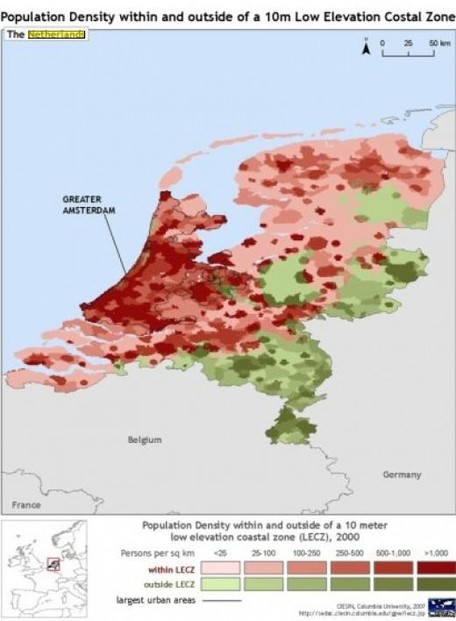


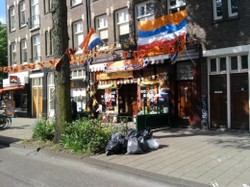

 Fresh ideas for Christmas Stocking Stuffers 2024on 06/02/2016
Fresh ideas for Christmas Stocking Stuffers 2024on 06/02/2016
 Best Makeup For Red Skin to conceal rednesson 04/07/2016
Best Makeup For Red Skin to conceal rednesson 04/07/2016
 How to get rid of red cheeks, or manage themon 04/07/2016
How to get rid of red cheeks, or manage themon 04/07/2016
 Top Multi-tasking Laptops - dualcore vs quadcore or upon 04/05/2016
Top Multi-tasking Laptops - dualcore vs quadcore or upon 04/05/2016

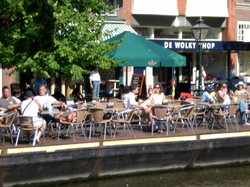
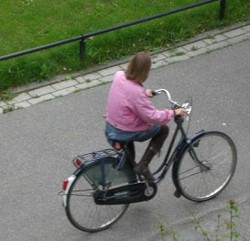
Comments